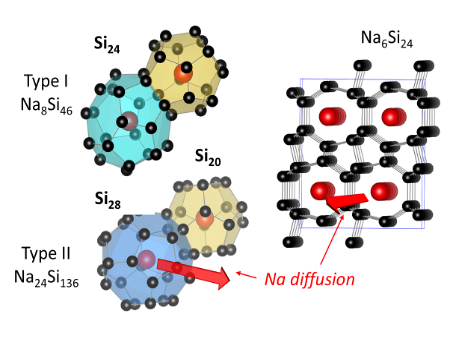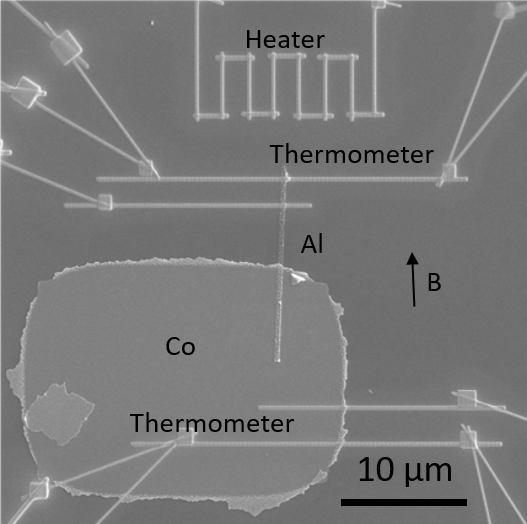Research
Our group is focused on emergent phenomena in hybrid quantum systems. Topics of interest include spin dynamics, thermal effects, quantum coherence, and fundamental tests of quantum mechanics and statistical physics. Ongoing projects are described below.
Electron-phonon processes in Gate-defined Quantum Dots
Electron-phonon coupling is ubiquitous in Condensed Matter systems. It plays a pivotal role in relaxation and decoherence (in case of multiple spins) of electronic spin states and is predicted to mediate many-body phenomena. An immense body of research on tailoring it in fields as varied as superconductivity and thermoelectrics exists. Insight from these fields has never been applied to experiments in few-spin systems. This is a new and impactful opportunity, since few-spin systems are the fundamental prototype for rationalizing spin dynamics in more complex systems, important for quantum information applications. This project bridges the gap via an experimental effort focused on control and measurement of electron-phonon processes in silicon gate-defined quantum dots.

Defect States of Silicon Allotropes for Quantum Information Science
The project is focused on advancing the knowledge on critical properties and controls of spin-defect states that are needed for quantum information science materials. The inherent structure and properties of novel crystalline silicon allotropes provides precise interstitial sites for dopants/qubits to sit, along with the potential for low sensitivity to thermal excitation and long spin lifetimes and decoherence times, coupled with a direct bandgap within the telecommunications wavelength. The goals of this project are to design, synthesize, and control the structure-properties of crystalline silicon allotropes with interstitial dopants (inside cages or channels), with controlled defect spin-states with lower sensitivity than diamond Si to thermal excitation and spin relaxation, to mitigate key issues in diamond silicon for revolutionary quantum information science materials.

Quantum Entanglement Speed Limits
Quantum computers are now approaching a size that will soon perform tasks surpassing the power of today’s fastest classical computers. Attaining the full power of a quantum computer requires high qubit connectivity within the computer, so that information can be transferred, and entanglement can be generated between any two qubits as fast as possible. Our aim is to find out how high qubit connectivity can be used to speed up quantum information processing. This project is focused on mathematical quantum speed limits akin to Lieb-Robinson bounds, optimal entangling protocols for very small or very large number of qubits, and experimental demonstrations of entangling speed limit using solid-state qubits.

Thermal effects in quantum systems
A material or device whose properties (of interest) cannot be understood without invoking quantum mechanics is known as a quantum system. In the last four decades, quantum systems, particularly nano and mesoscopic systems, have been the focal point of much research. A wealth of fascinating Physics, ranging from superhydrophobicity to artificial atoms, has been explored in these systems. However, most probes of quantum phenomena have focused on charge and spin dynamics. Thermal transport and thermoelectric phenomena have hardly been investigated. Our research is focused on experimentally probing thermal phenomena in nano and mesoscopic systems – especially phenomena in which quantum coherence or quantum statistics plays a role. Developing local, sensitive, on-chip controls and probes of temperature for nano devices forms the backbone of these experiments.
